The partnership between a general educator (classroom teacher) and a special educator is one of the most important relationships in a school building. How can general educators and special educators work together successfully?
Stop Worrying about “Turf”
“Turf” is cited as one of the biggest sticking points when general educators and special educators are figuring out how to work together. There is an outdated view of children with special needs “belonging” to the special educator and the children who are typically developing “belonging” to the general educator. I’m here to tell you: get your Frozen on with that mess and “Let it go, let it gooooo!”
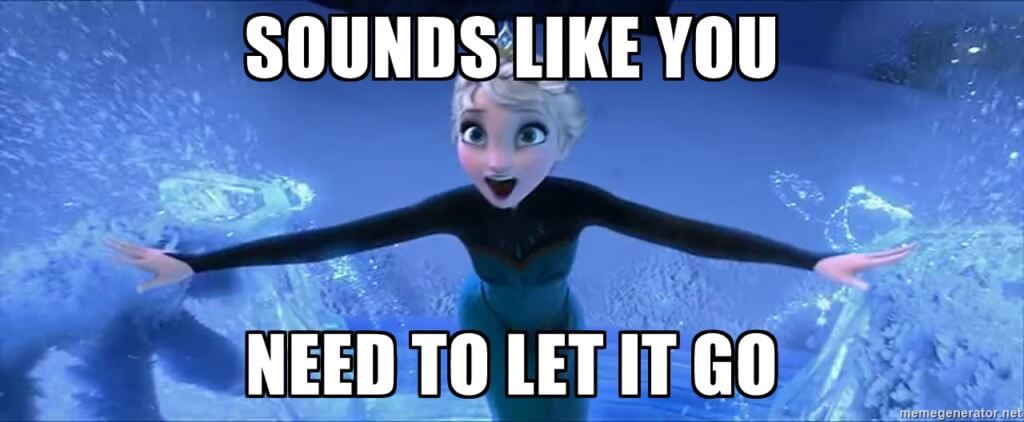
It’s cliché, but it really does take a village to teach our kids- regardless of what needs they have. So if you are tempted to get possessive over “your” kids or “your” teaching ideas: stop, collaborate, and listen.
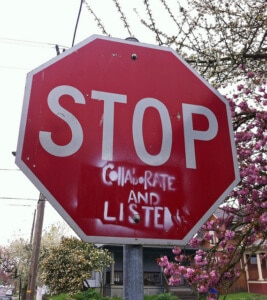 Source: Flickr user wiredforlego
Source: Flickr user wiredforlego
This is trickier for paraprofessionals, who are often assigned to work specifically with one or two kids, but a lot of the teamwork aspects can still be developed in a high quality classroom.
Figure Out How to Keep Kids in the Classroom
Inclusion, or building a classroom community that supports all students, is an evidence-based best practice. Work together to figure out how to support kids with diverse needs within the classroom, rather than pulling them out. It’s possible to use the time when the special educator is in the classroom as “co-teaching” time. Get creative. One solution is for the general educator to introduce a lesson, and for a special educator to go around to small groups or individuals giving fine-tuned teaching for the next steps. For instance, in an addition lesson, one teacher could show a few students she knows are “visual learners” how to use a number line, while using manipulatives to teach the same skill to a different student.
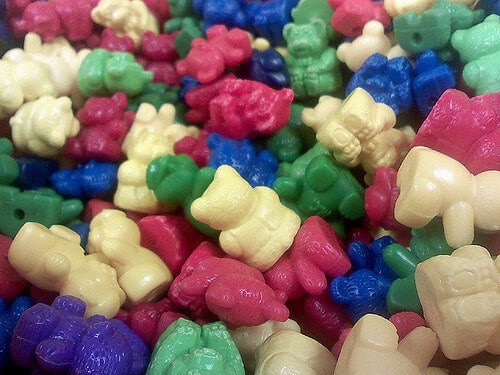 Source: Flickr user Shawn Campbell
Source: Flickr user Shawn Campbell
Learn from Each Other
General educators and special educators often have very different skill sets, and can learn a lot from one another! Ask lots of questions and keep an open mind. Try learning each other’s approaches for behavior management or individualization. You may not agree on everything, and that’s okay, too.
Help Each Other
At the beginning of the year, it would be helpful to have a discussion about teamwork. You could even take the time to write a mission statement together! At any rate, resolve early on that you’d like to work as partners on a team. Get in the habit of communicating with each other. Have each other’s backs. Offer solutions and be willing to pitch in. When we work together, our kids do better, too!

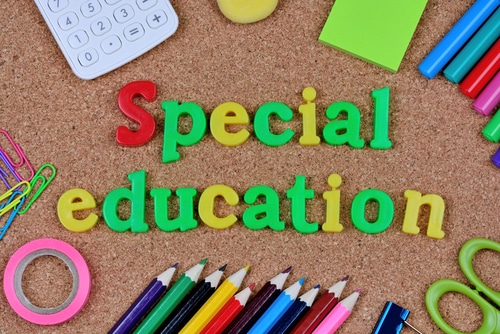
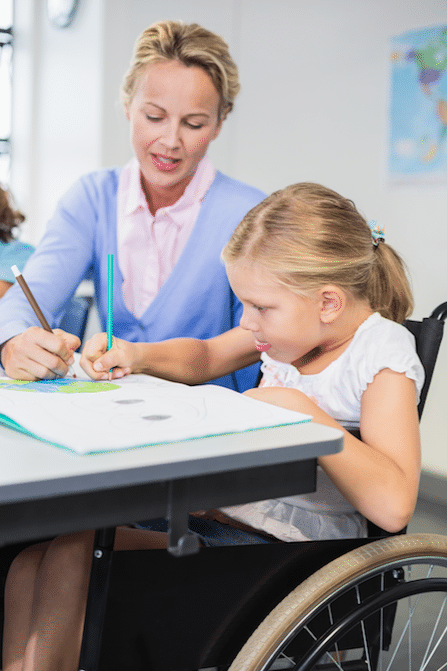

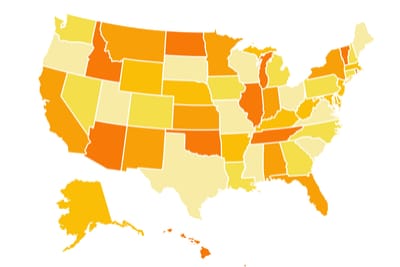
Leave a Reply